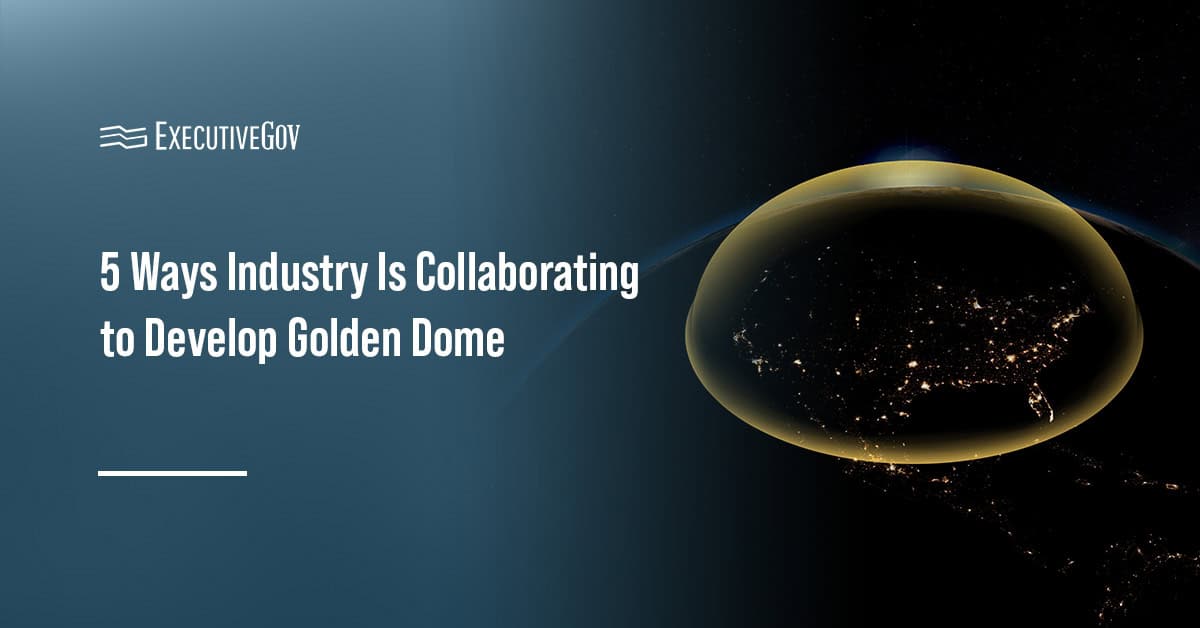Given how complicated the government contracting industry is with its policies, regulations, and process, it is easy to get lost. That is why some are left with many questions about government contract opportunities and the entire federal contracting industry.
It may take a while for you to find an answer to these bothering questions you have. So, to help you take the edge of your burden, here are some answers to the top 10 questions about government contracting:
Table of Contents
What are examples of government contracts?
A. Set Aside Contracts
There are two types of set-aside contracts: competitive and sole-source set-aside, which help small businesses win federal government business agreements.
I. Competitive set-aside
Small businesses capable of delivering and performing the work are offered competitive set-aside contracts—projects under this contract classification amount to less than $150,000.
II. Sole-source set-aside
When a contract is sole-source, a single contractor can only fulfill the contract’s requirements. On the other hand, the sole-source agreement is still open for bids at some time.
B. Joint venture
Small businesses and other company categories, including HUBZones, WOSB small businesses, SDVOSB small businesses, and joint ventures or firms, can compete for federal contract appeals. However, a company must first meet the SBA’s requirements before negotiating teaming agreements on joint venture contracts.
C. Fixed-price contracts
Because the contractor is responsible for all costs, profits, and losses, fixed-price contracts are the riskiest types of government contracting arrangements. The reason behind this is that this form of contract has a fixed price that does not fluctuate.
D. Cost-reimbursement contracts
A cost-reimbursement contract examines the project cost and budget ceiling that a prime contractor must reach and not exceed, especially without the permission of a contracting officer.
E. Incentive Contracts
Incentive contracts are used when a contracting opportunity may be obtained for less than a certain amount of money. Incentive contracts reward the contractor’s technical accomplishments while also assisting in the achievement of the procurement objectives by:
- Encouragement of federal contractors to go above and beyond; and
- Avoiding failures and making the greatest use of time and resources.
F. Indefinite-Delivery Contracts
When the federal agencies are unsure about the volume and duration of use, indefinite-delivery contracts are utilized to purchase products and services.
G. Time-and-Materials
Fixed-price agreements are the absolute opposite of time-and-materials agreements. When revisions in the project’s scope aren’t required, this federal contract is widely employed in the construction and product development industries.
H. Labor-Hour
The federal government examines the costs of materials before determining a per-hour labor rate and offering labor-hour contracts to enterprises. Contrary to the time and materials agreements, this arrangement has the advantage that businesses are not required to furnish the materials needed.
I. Letter Contracts
This category, also known as Undefinitizes Contract Actions (UCA), is utilized when the federal is unable to reach a timely agreement on a procurement agreement. Federal vendors can start supplying items or services when they receive a contract letter.
How do I find open government contracts?

The SAM (System for Award Management) is an official government organization that keeps track of all federal contracting opportunities. Simply browse to their main page and click “Contract Opportunities” to see a list of available options. Another advantage of this website is that you can get an analysis report to see what contracts have been awarded in the past.
Where can I find government contracts online?

Contracting opportunities are posted on a variety of federal government websites. You can locate lists of federal contracting opportunities on the following gov websites:
SAM.gov
SAM.gov is a portal run by the United States federal that lists federal jobs for $25,000 or more. The website also has a list of previously awarded federal business agreements that can assist you in preparing your bid.
Dynamic Small Business Search (DSBS)
Dynamic Small Business Search is a federal government site maintained by the Small Business Administration. All of the profiles of businesses that have been registered with the System for Award Management are stored and shown on the site (SAM). A list of federal contracts intended for small enterprises can also be found on the website.
SubNet
You can still enter into federal contracting as a subcontractor if you don’t think your company is ready to serve a prime contract. You will better grasp how the industry works by subcontracting with other small firms or prime vendors, and you will be better prepared to bid on your first prime contract.
GSA.gov
It is a website where long-term and big federal business opportunities can be located, also known as the Federal Supply Schedule and Multiple Award Schedule (MAS). The General Services Administration was created to assist various federal departments in interacting with small businesses as fast as possible.
How do I find government contracts on SAM?

The website of SAM is user-friendly. All you have to do is click on the “Contract Opportunities” link on the front page, and you’ll be taken to a searchable database of available federal contracts.
Are government contracts public record?
Yes! The public has the right to access federal contracting documents under the Freedom of Information Act (FOIA) because the funds for the contracts originated from the citizen’s tax.
However, is it true that all contractors’ sensitive information is also available to the public merely because federal solicitations are public records? No. There are a few exceptions to the public disclosure of information under FOIA Exemption No. 4; trade secrets, commercial and financial information of contractors or enterprises will not be revealed to the public.
How do I find awarded government contracts?
Transparency is a priority for the United States government. Aside from the websites mentioned above, you may check out the details of the government’s spending history on USASpending.gov, which the government accountability office created. You can observe the trend in the federal marketplace using the GSA’s Forecast of Contracting Opportunities.
How do I get local government contracts?
The government’s website, USA.gov, gives information on becoming a part of the federal marketplace. Here’s what you need to know to successfully sell your products or services to the local authority, as mentioned on the website:
- Contact your local state procurement department office to access the powerful development tools and strategies required for your industry’s success.
- Determine your state’s policies and procedures.
- Look for contractual jobs in your area and around the world.
Where can I find DoD contracts?
SAM.gov is usually where the Department of Defense posts all its contracting opportunities. You can learn more about them by visiting the official website of the Department of Defense.
Is there a list of federal contractors?
Getting to know the federal vendors in diverse industries, including health care, defense, construction, and IT, may take some time due to the thousands of contractors available in the marketplace. As a result, we’ve put these on your list:
Top 10 Federal IT government contractors List in 2022
Top 10 Construction Contractors for the U.S. Government (2021)
Top 10 Healthcare and Medical Government Contractors
Are government contracts profitable?

The United States government is well-known for being one of the world’s largest spenders, and it regularly grants funds to federal contractors. As a result, we may conclude that the government contracting industry is an excellent place to start or expand a small firm or a huge corporation.




